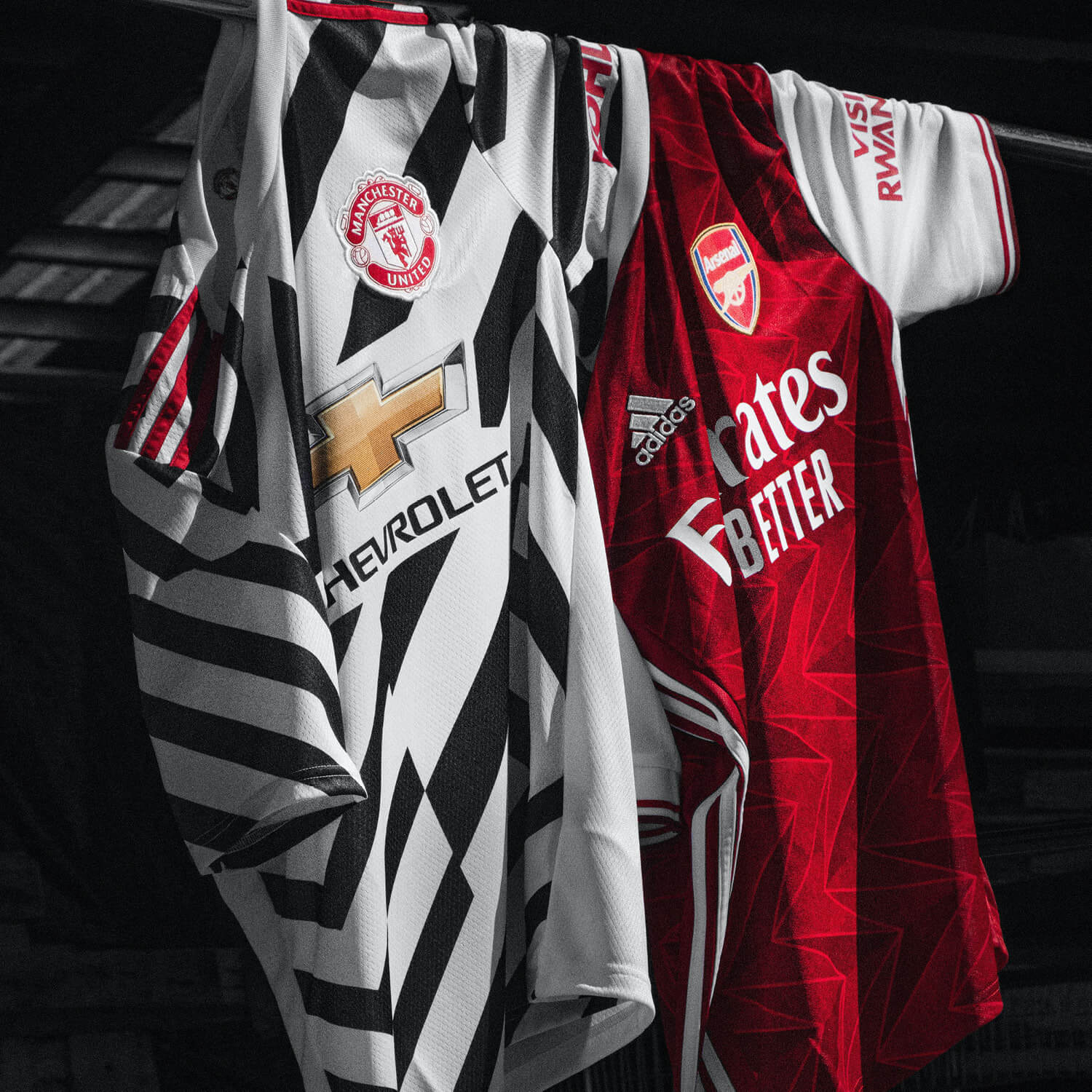Say goodbye to split exchange and completion
1st August 2023
At the annual general meeting of the English Football League (EFL) on 8 June 2023, clubs voted to introduce a variety of changes to the EFL Regulations. Some of these changes are set to have a significant impact on how deals to acquire EFL clubs are currently structured – including changes to split exchange and completion. Christian Slinger and Tim Howden from Walker Morris’ specialist sports team take a look at some of the key changes which will impact transactions and the potential knock-on effect on the acquisition process and timetable.

Requirement for approval
The requirement that any acquisition of an EFL football club needs to be approved by the EFL is nothing new. Clubs and prospective owners are required to submit a variety of information to satisfy the EFL in regards to the suitability of the new owners, the source of funds and the future financial stability of the relevant club post-acquisition. The role of the EFL is, as Appendix 3 of the EFL Regulations states, to “protect the image and integrity of the League, the well-being of Clubs and the interests of all stakeholders in those Clubs.”
The traditional route: split exchange and completion
As the above demonstrates, the EFL approval process is, quite rightly, a key step in any acquisition of control of an EFL club, and that certainly isn’t going to change. What does seem set to change is the point at which EFL approval must now be sought.
The majority of EFL football club acquisitions we see have tended to be structured on a “split exchange and completion” basis, with the condition to completion being the confirmation of approval from the EFL. There are numerous benefits to this structure. Legally binding deals can be done quickly and efficiently with everything ironed out prior to the EFL process commencing. This provides certainty to prospective sellers and purchasers, who therefore have the benefit of knowing that a deal is legally done, subject only to the approval of the EFL (as any deal should be). There are, on the face of it, benefits to the EFL too. They only get involved when a deal is certain, all of the details are understood and all of the relevant information is available and their time is not wasted on aborted transactions.
Makes sense. So, what is changing?
New paragraph 10.5.1 of Appendix 3 to the EFL Regulations prohibits this widely used split exchange and completion structure, stating that “Clubs and their Directors must not enter into any agreement pursuant to which a Person or Entity agrees to acquire Control, subject to the approval of the League.” As such, going forwards, EFL approval must be obtained before documents effecting the sale are entered into.
Clubs will also be prohibited from announcing that a deal has been concluded “subject to EFL approval” under new paragraph 10.5.2 of Appendix 3 to the EFL Regulations.
Any breach of these new requirements is likely to result in sanctions for the clubs and/or parties involved. There is no clarity on what those sanctions are yet, but fines for clubs and individuals, and suspensions for individuals from becoming “relevant persons” in relation to an EFL club, are perhaps the most likely ramifications for failure to comply.
So, how will it work?
Time will tell. Prospective purchasers, sellers and the clubs themselves will clearly need to think about the EFL approval process much earlier on in the timeline of an acquisition. There is nothing to stop the parties negotiating the deal, undertaking due diligence and drafting the transaction documents, but it does seem that the EFL approval process will need to, at the very least, be running in parallel to these negotiations. In our experience, EFL approval can take 2 months or more to obtain, so the concern is that neither party will have any legal assurance that a deal is done for a considerable amount of time. As the popular adage goes, “time kills” deals. Adding this additional barrier to entering into a binding agreement is unlikely to make football transactions any easier to close. Longer and more rigorous exclusivity periods may be one way to reduce the potential risk for purchasers, but neither side will be able to get the iron clad certainty of a legally binding share purchase or investment agreement.
For the EFL, this could lead to more change of control approval applications. Numerous deals fall away before the point of contractual exchange and, under the previous regime, the EFL might not have been involved at all before the time such deals collapsed. However, the requirement to get the EFL involved earlier in the process means they will predictably see more potential acquisitions cross their desk. Introducing a flat fee (at a level yet to be confirmed) payable to the EFL by the relevant club for going through their approval process does seem to be one way in which the EFL are intending to mitigate this, but it seems inevitable that their workload in this area, in the short term at least, will increase.
Could it be a good thing?
This could certainly have its benefits. Increased transparency and stricter regulation of who is controlling a football club and when that control is acquired are of course both positives. The EFL will hope that removing the ability for deals to be announced as “subject to EFL approval” will also lead to a reduction in their own email and phone traffic, from inquisitive journalists and fans alike wondering what the status of the latest deal is. This could, in theory, lead to shorter lead times and a more efficient approval process. Again, that would only be a good thing. Of course, the ability for the EFL to rule out prospective purchasers early in the process could also be a benefit, potentially saving time and costs of the parties in negotiating a deal that was never going to get the green light.
WM Comment – Changes to split exchange and completion
This change in approach from the EFL has certainly come as a surprise and will of course impact how we structure deals and the timeline for those transactions. The precise consequences will undoubtedly come out in the wash as we start to work in line with the new requirements, and we will be working closely with our clients, clubs and the EFL itself to find the most efficient way of navigating transactions in a compliant manner.
Walker Morris’ specialist sports lawyers have a wealth of experience in transactions relating to football clubs in the EFL, as well as helping clubs and purchasers through the EFL approval process and owners’ and directors’ test. If you have any queries or need any advice in this area, please do not hesitate to contact Christian or Tim.








